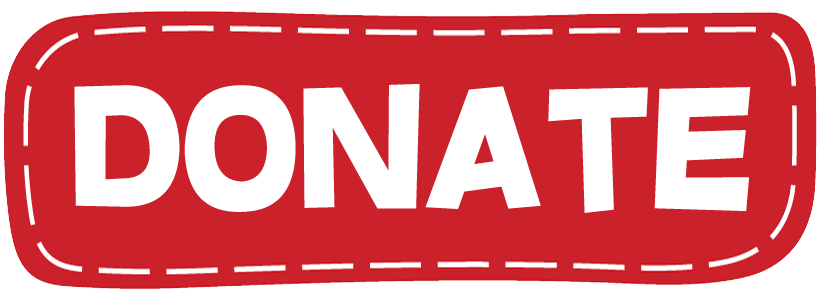Author: Markus Euler
Published in Communities Magazine Issue #148
In university I was already keenly interested in issues of power and authority, but my studies of these topics have become much more real since I started living in community. Now, rather than focusing on academic questions such as how power comes into existence and what legitimizes authority, I care more about coming to terms with power differences in specific structures and clarifying existing problems on this basis.
Strangely, sometimes I feel just as powerless in my community as in normal society. At these moments, I think I am just a lonely voice crying in the desert with no power to change anything. Since the population in my community is much smaller than in the society as a whole, my voice should have more weight here.
And probably it does. One out of 60 (in ZEGG) is certainly more than one out of 80 million (in Germany). But that does not mean that I actually feel this way. What I say to myself is important in relation to how powerful I feel.
I noticed this when we had a small kitchen crisis in our community. We are organized so that every community member belongs to a cooking group which is in charge of the kitchen once a week. Each group has about 10 people who distribute among themselves whatever tasks have to be done. When new members arrive, or old members leave the community, we always try to ensure that the number of people in cooking groups remains the same. However, because of a big fluctuation, once only five members remained in one of the cooking groups and could therefore no longer handle the workload efficiently. They were still somehow able to keep things running through heroic self-sacrifice, but it was pretty unfair since people in well-staffed cooking groups had to work significantly less.
Though it was obvious to all that this group needed more people, attempts to lure members from other groups failed. This happened partly because people did not want to leave their familiar group and partly because the other groups feared that they would become too small. It became clear to us that we could come to a solution only with the entire community. Thus, we called for a Plenum in order to try to resolve this problem. In our community, a Plenum is a meeting to which all community members are invited and where all those who attend are entitled to make a decision.
Not everybody was present at the Plenum. This happens often in our community, since our members are usually very busy. We decided to set up our cooking groups in the room. Thus, all those who belonged to a cooking group stood together and the names of the missing people were written on slips of paper and placed at the appropriate groups. It became immediately obvious that one group was much smaller than the others. The attempts to shift people back and forth so that all groups could have the same number of members failed once more, for the same reasons as before.
I kept myself out of the whole process. I thought I could not contribute anything to the solution. My cooking group was still big enough. Although I was not really happy in this group, there was nothing that particularly bothered me. Above all, I did not want to move to a smaller group. When the situation started looking really hopeless, I felt powerless to do anything. At some point, however, following a spontaneous impulse, I said: “I would really like to cook with people I like.” The statement was well received, but still no one had any idea how it could bring us closer to a solution. The whole process had come to a standstill.
We were all aware of the problem, but there was no one who had the power to solve it by decree—for example, by compelling some members to change groups. Since it was clear that nothing had helped, and also that things could not continue as they were, we decided to start considering crazy solutions as well.
Then a community member said: “I think Markus’ idea is really interesting.” I was intrigued that she described my statement as an idea, as I myself would have never perceived it as such. I had simply expressed my own needs, but did not wish to stand in the way of the overall process. But all at once it occurred to me that it was actually by not expressing my needs and by not going fully for what I wanted that I had stood in the way and inhibited the problem-solving process.
I would call this an example of empowerment at the right time, and what happened next showed that she was right to support me as she did.
I looked around the room. Unfortunately, none of the people that I would have liked to have in my group were present. However, their names were written on slips of paper. So I plucked up all my courage, authority, and power and I simply took the papers I wanted and put them around me. Immediately, a new cooking group was formed and I was inevitably its manager. The remaining people, including the papers with names that were left over, quickly found their way to other cooking groups without any major difficulties.
For me, this experience proved several truisms that one hears again and again in communities.
First: If everyone takes care of oneself, then everyone is taken care of.
Second: Everybody has something to contribute to a solution, even if she or he does not think so.
Third: Sometimes it takes a nudge from the outside, so that you do what you wanted to do anyway.
The process I just described took place about two years ago and our cooking groups still work perfectly. For me, this process symbolizes that when someone in our community wants something and the time is ripe for it, then things can change completely.
We are open and free enough to implement even crazy solutions.



















